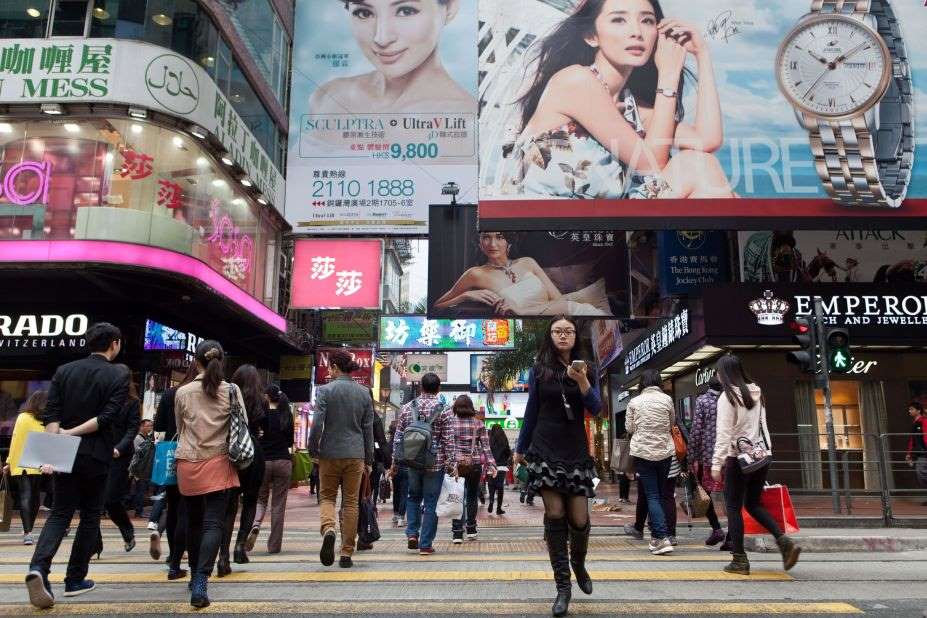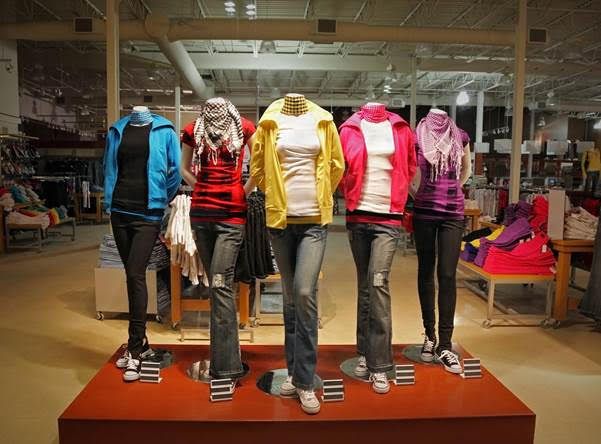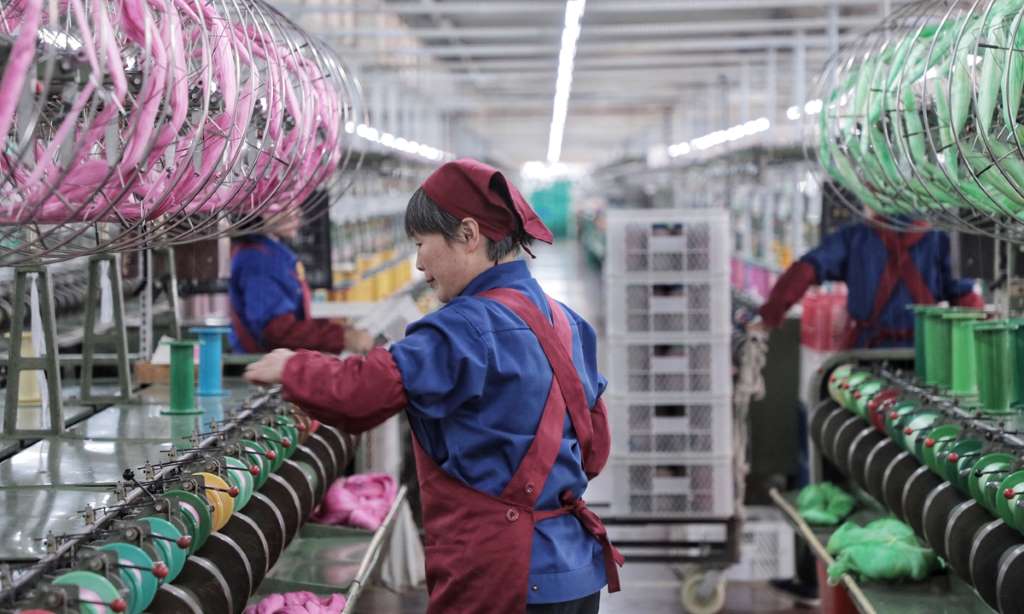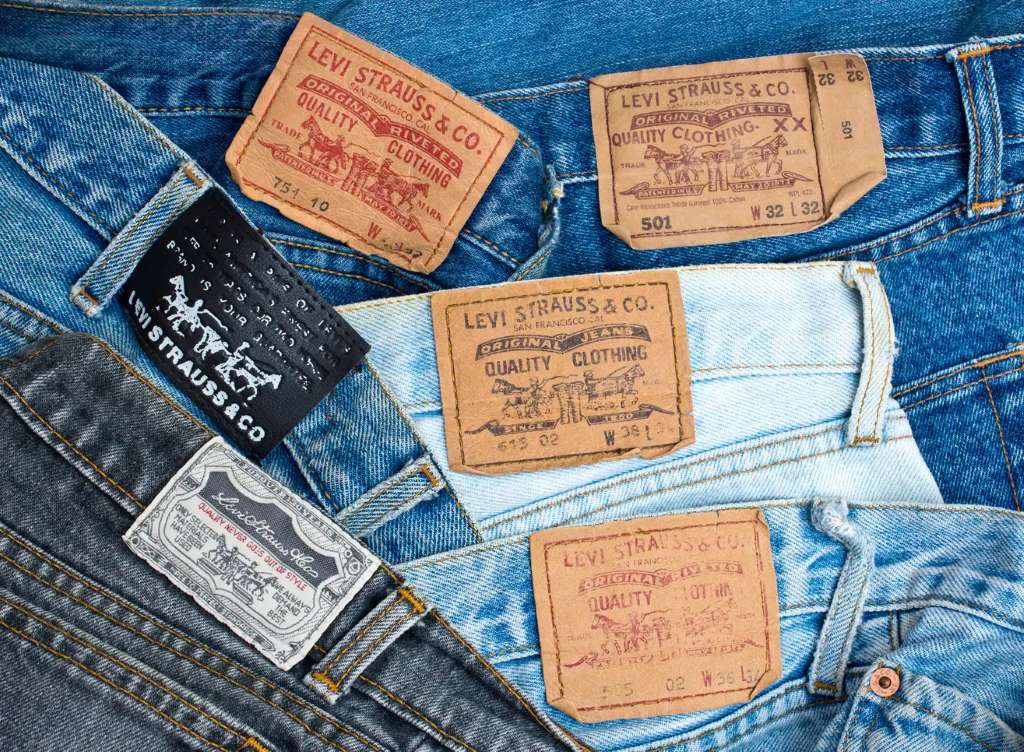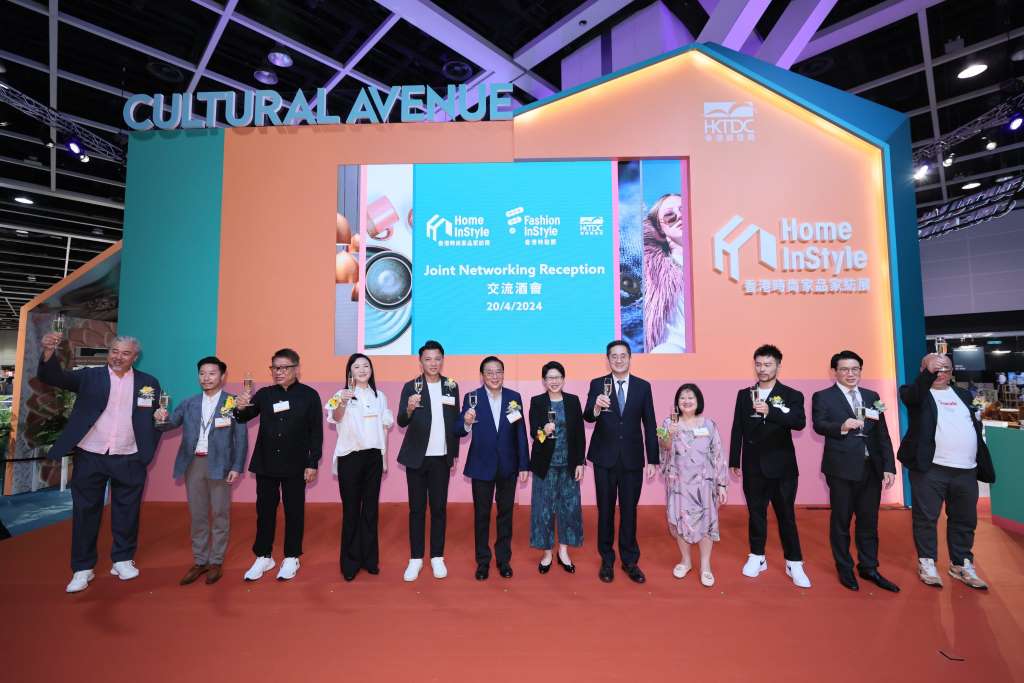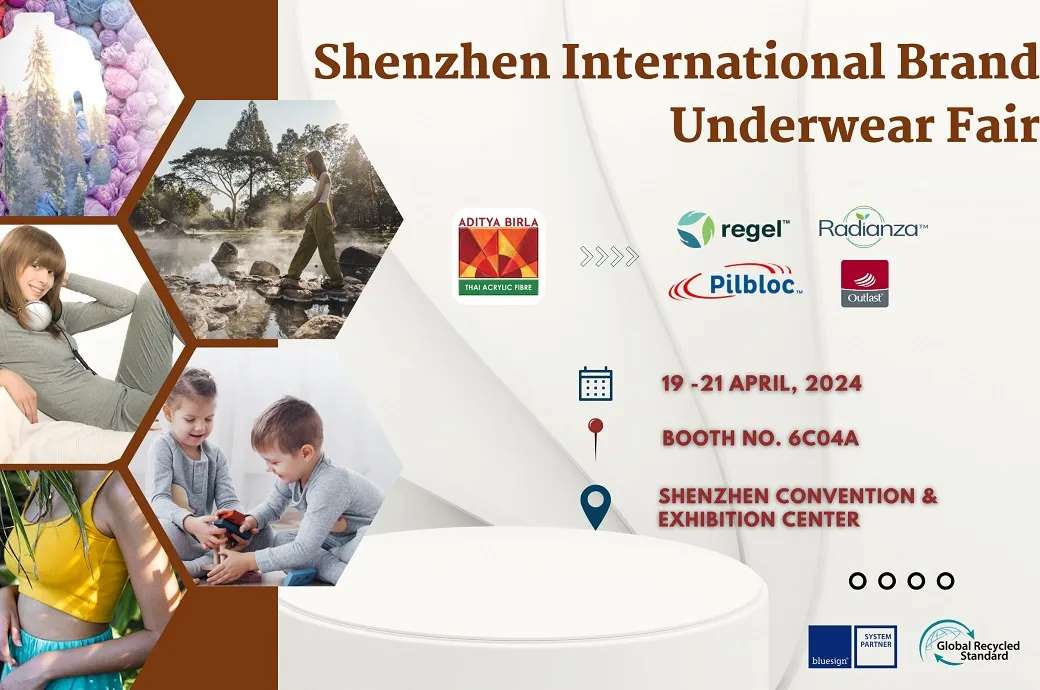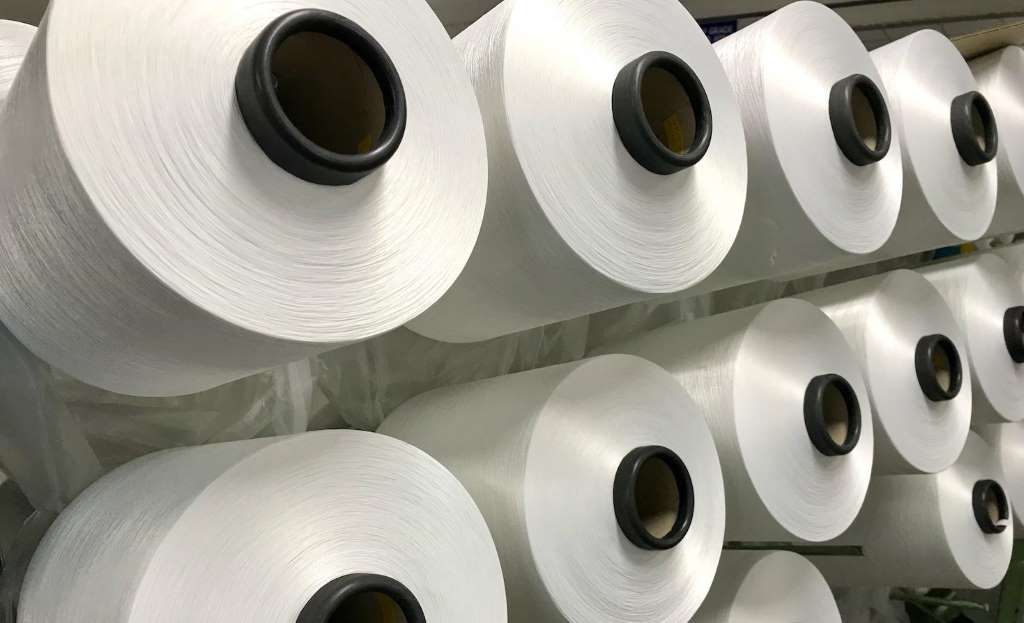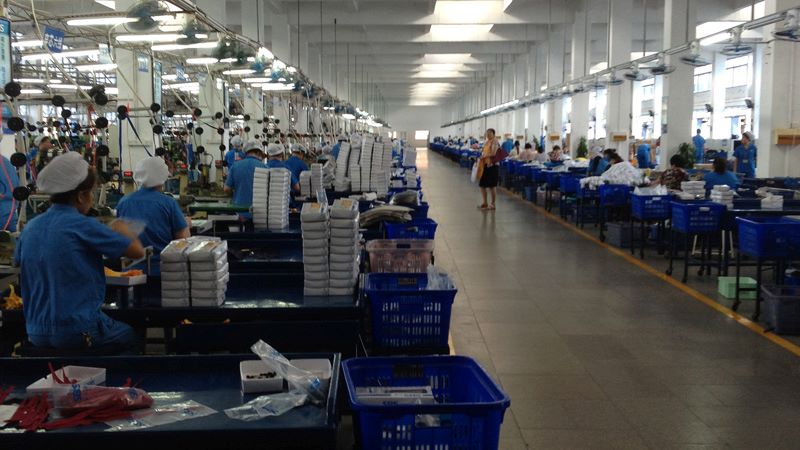"Brands are slowly realising the importance of the dictum, ‘Honesty is the best policy.’ They are embracing transparency by listing their supply chains on their websites and also making public transparency pledges on these issues."
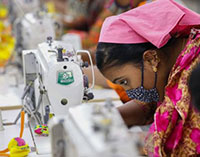 Brands are slowly realising the importance of the dictum, ‘Honesty is the best policy.’ They are embracing transparency by listing their supply chains on their websites and also making public transparency pledges on these issues.
Brands are slowly realising the importance of the dictum, ‘Honesty is the best policy.’ They are embracing transparency by listing their supply chains on their websites and also making public transparency pledges on these issues.
Bangladesh leads transparency initiative
Businesses are working with other industry stakeholders -- including NGOs -- on industry-wide initiatives. They are also collaborating with their competitors on sustainability initiatives. Bangladesh leads the transparency front as both the Bangladesh Accord and the Alliance for Bangladesh Factory Safety carried out major safety programs across the Bangladesh RMG sector whose information was made publicly available on the websites of these respective bodies.
The Bangladesh Supreme Court recently extended the tenure of the Accord on Fire and Building Safety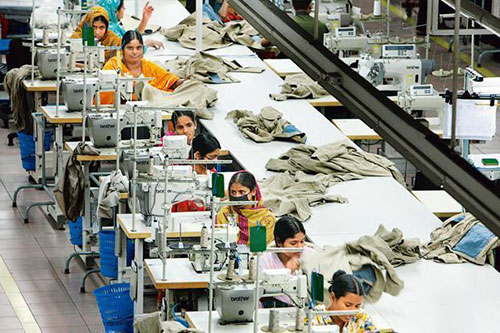 agreement in Bangladesh by 12 months through to 2020. Once the agreement is handed over to a new, national body in Bangladesh, all existing transparency features of the Accord will be maintained, including full disclosure of all results of inspection and remediation activities on a public website.
agreement in Bangladesh by 12 months through to 2020. Once the agreement is handed over to a new, national body in Bangladesh, all existing transparency features of the Accord will be maintained, including full disclosure of all results of inspection and remediation activities on a public website.
Earlier this year, a Bangladeshi team of researchers began mapping every single garment factory in the country. Equipped with new mobile apps these researchers carry out a door-to-door census besides visiting thousands of factories. This enables them to collect GPS-linked data points from factory-owners, workers, and organisations in the garment supply chains.
C&A Foundation and BRAC University collaborated with BGMEA to administer the digital factory map. The aim of this map is to permanently transition accountability for apparel factory improvements in Bangladesh.
Transparency improves brands’ reputations
One of the biggest benefits of transparency business is that it improves business reputation. Apparel companies such as H&M, Levi’s and Nike have incorporated transparency in their operations encouraging other brands like Benetton, Primark, Hugo Boss, and Abercrombie and Fitch to follow suit. As a research from Fashion Revolution notes, by April 2019, 180 brands across 75 companies had disclosed at least some of the facilities making their clothes. Businesses disclosing their suppliers have been applauded by their customers. On the other hand, apparel brands that did not disclose their supply chains have been reprimanded.
Operational and legal benefits of transparency
The transparency policy also offers certain operational and legal benefits. Publishing the lists of their suppliers can help brands deal with unauthorised sub-contracting besides highlighting workplace issues such as labor violations, providing stronger due diligence, and offering better compliance with current regulatory regimes.
There has been growing consensus around the issue of transparency over the years from organisations such as the German Partnership for Sustainable Textiles and the US-based Fair Labour Association (FLA). It won’t be long before other affiliate groups follow this example and demand full supply chain disclosure from their members.

